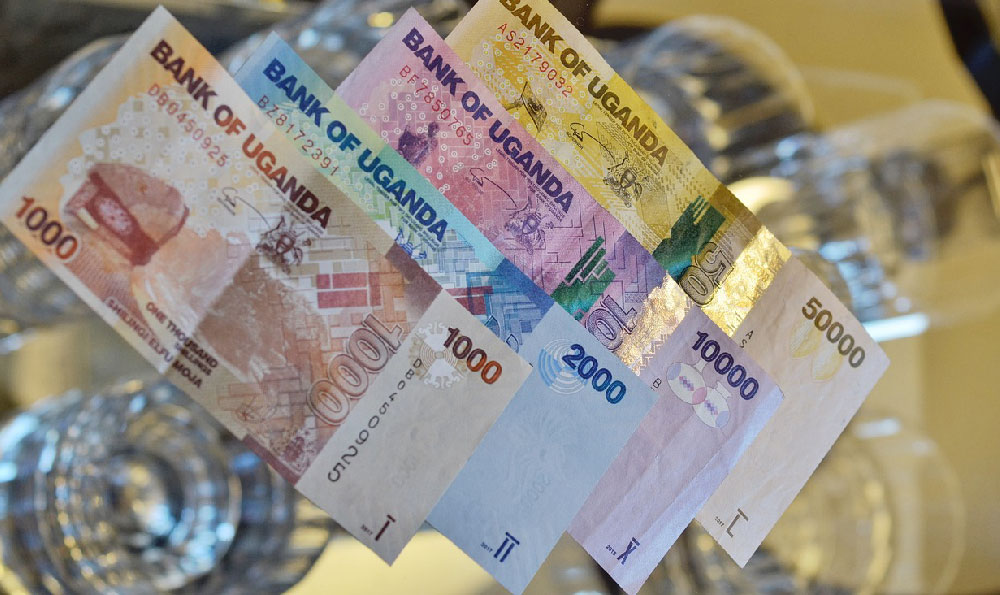Let's delve into the fascinating, and often misunderstood, world of investment banker compensation. The question of how much an investment banker earns is complex and lacks a simple, straightforward answer. It's akin to asking how much a doctor earns – the range is vast and dependent on numerous factors. However, we can dissect the various components that contribute to an investment banker's overall income and explore the general tiers of compensation across different levels and roles.
At its core, an investment banker's compensation structure is generally comprised of two key elements: a base salary and a bonus. The base salary provides a guaranteed income stream, offering a degree of financial security, while the bonus is the variable component, directly linked to individual and firm performance. This bonus component is what truly separates investment banking compensation from many other professions and accounts for the significant earnings potential often associated with the role.
Entry-level positions, typically analyst roles, are where most budding investment bankers begin their careers. Analysts are primarily involved in performing financial analysis, creating presentations, and supporting senior bankers in deal execution. Base salaries for analysts can range significantly depending on the firm's size, location (major financial centers like New York or London tend to pay more), and overall market conditions. Generally, you can expect a base salary ranging from $85,000 to $120,000 USD per year. The bonus for an analyst, however, can significantly boost their total compensation. A good year can see an analyst's bonus equaling or even exceeding their base salary, bringing their total compensation to upwards of $200,000 or more. The bonus is typically tied to the overall performance of the investment banking division and the analyst's contribution to specific deals. Exceptional performance and positive feedback from senior bankers can lead to significantly higher bonus payouts.

Moving up the ladder, after a few years as an analyst, individuals typically transition to an associate role. Associates take on greater responsibility for project management, client interaction, and deal execution. They are also more involved in mentoring and supervising analysts. As a result of this increased responsibility, associate base salaries are considerably higher. Expect a base salary ranging from $150,000 to $250,000 USD per year, again contingent on factors like firm size and location. The bonus component also increases, and it is not uncommon for associates to receive bonuses that are 100% or even 200% of their base salary. This means a highly performing associate could earn a total compensation package exceeding $500,000 in a given year.
Beyond associate, the next step is vice president (VP). VPs are responsible for leading deal teams, managing client relationships, and contributing to business development. They play a crucial role in originating and executing transactions. At the VP level, compensation becomes even more variable and dependent on individual performance and deal flow. Base salaries can range from $250,000 to $400,000 USD, but the bonus potential is significantly higher. Successful VPs who are consistently bringing in new business and successfully executing deals can earn bonuses that far exceed their base salary, pushing their total compensation well into the six-figure range, potentially reaching upwards of $750,000 or even $1 million.
The most senior levels in investment banking include director and managing director (MD). MDs are responsible for managing client relationships at the highest level, generating new business, and overseeing the overall performance of their teams. They are rainmakers, responsible for bringing in significant revenue for the firm. Compensation at this level is highly individualized and heavily reliant on performance. Base salaries for MDs can vary widely, ranging from $400,000 to upwards of $700,000 USD. However, the bonus component is where the real potential lies. Top-performing MDs can earn bonuses that are several times their base salary, bringing their total compensation into the millions of dollars. It's not uncommon for MDs at bulge bracket firms to earn millions, and in exceptional years, even tens of millions.
Beyond the standard salary and bonus structure, some investment bankers may receive other forms of compensation, such as stock options or restricted stock units (RSUs). These are typically awarded to senior-level employees and are designed to align their interests with the long-term performance of the firm. The value of these equity-based awards can fluctuate significantly depending on the company's stock price, making them a potentially lucrative but also risky form of compensation.
It's important to note that these figures are just estimates, and actual compensation can vary significantly depending on numerous factors. These factors include:
- Firm Size and Reputation: Bulge bracket investment banks (e.g., Goldman Sachs, Morgan Stanley, JP Morgan Chase) typically pay more than smaller boutique firms.
- Location: Financial centers like New York, London, and Hong Kong tend to offer higher compensation than other locations.
- Market Conditions: During periods of high deal activity, bonuses tend to be larger. Conversely, during economic downturns, bonuses may be significantly reduced or even eliminated.
- Individual Performance: Exceptional performance and positive feedback from senior bankers can lead to higher bonus payouts.
- Specific Role and Coverage Group: Some coverage groups, such as M&A or technology, tend to be more lucrative than others.
- Years of Experience: Naturally, compensation increases with experience and seniority.
In conclusion, an investment banker's income is a multifaceted topic. While entry-level salaries provide a foundation, the real earning potential lies in the bonus, which is directly linked to performance, deal flow, and overall market conditions. The trajectory from analyst to managing director represents a significant increase in both responsibility and compensation, with the potential for top performers to earn substantial sums. It's a demanding profession, but for those with the talent, drive, and resilience, the financial rewards can be considerable. Remember, these are estimates, and thorough research and networking are crucial to understanding the specific compensation landscape at different firms and roles.











